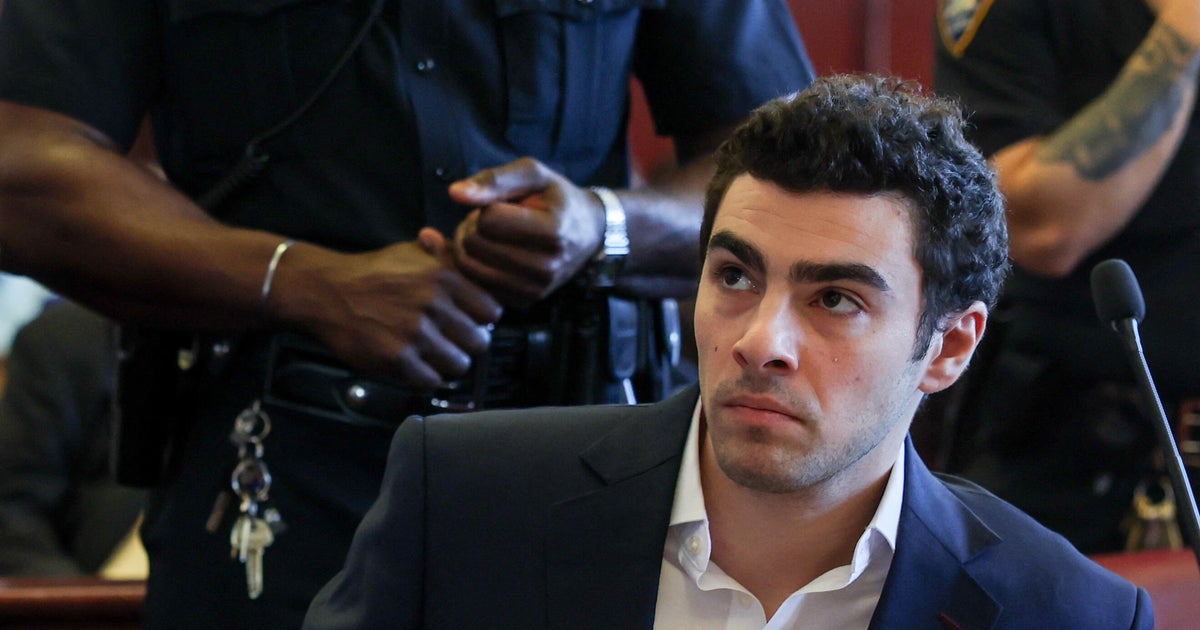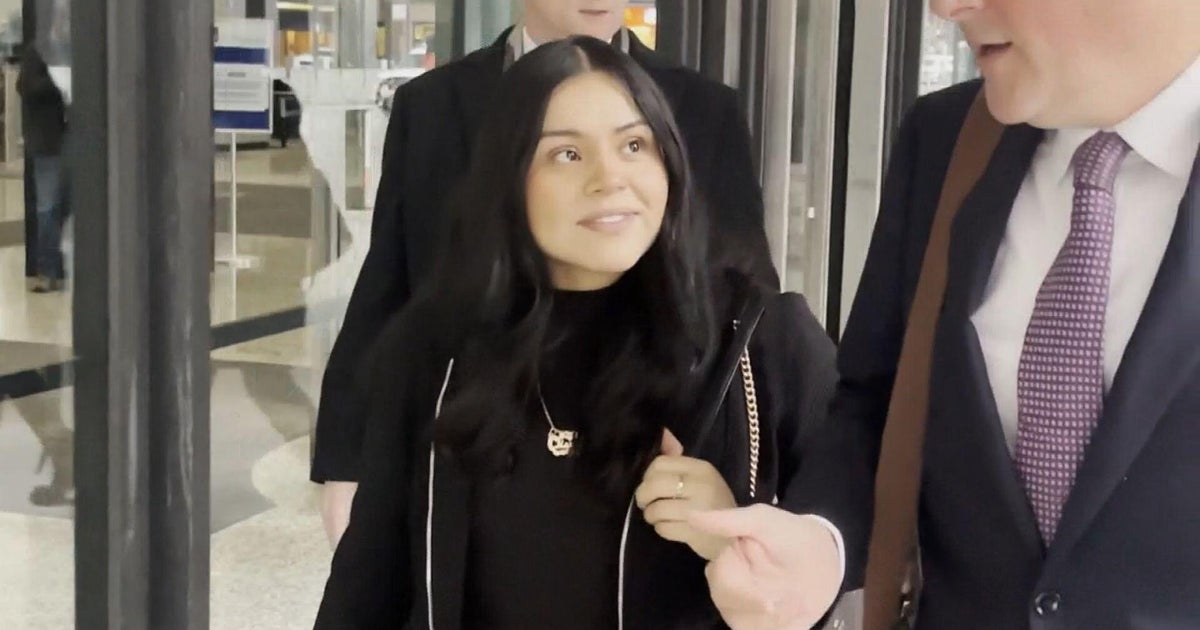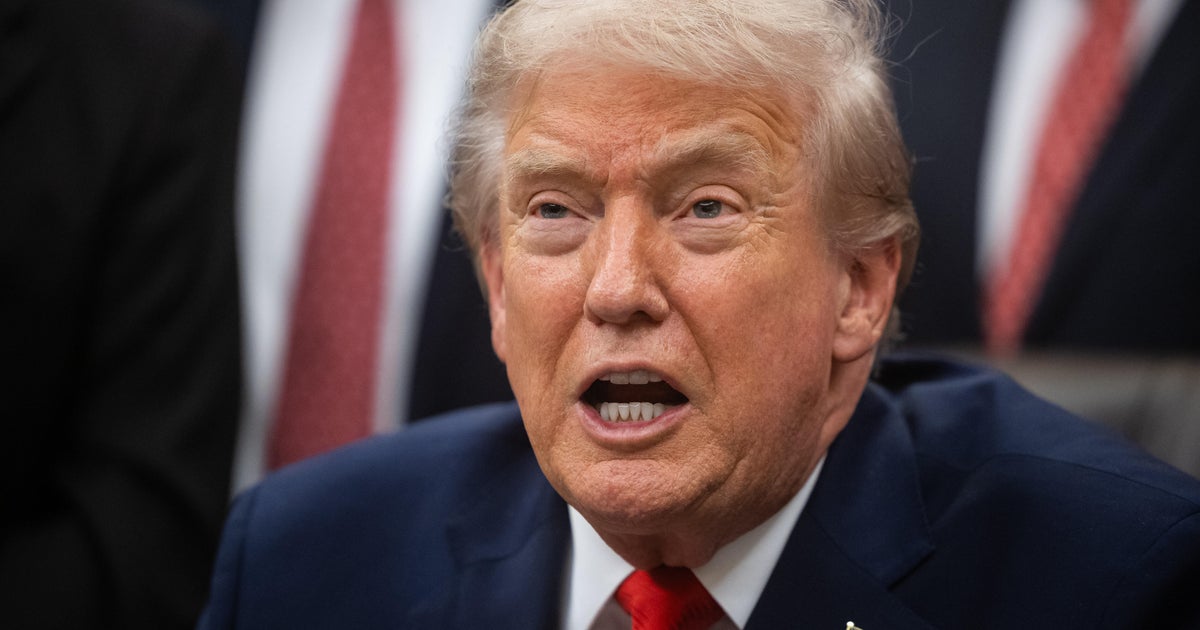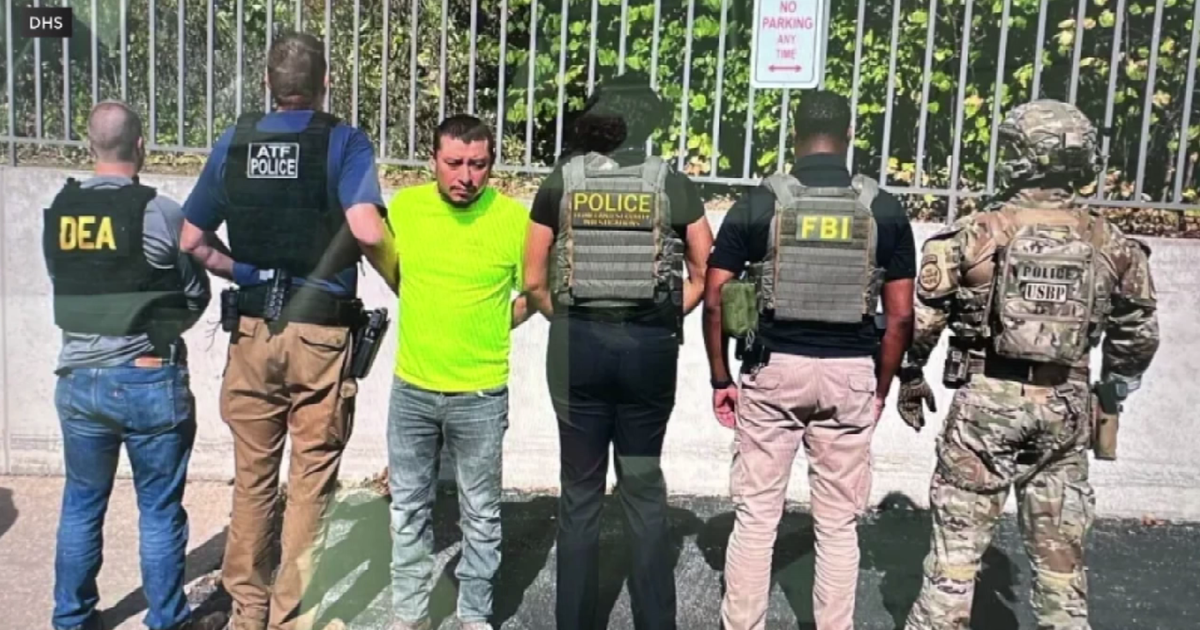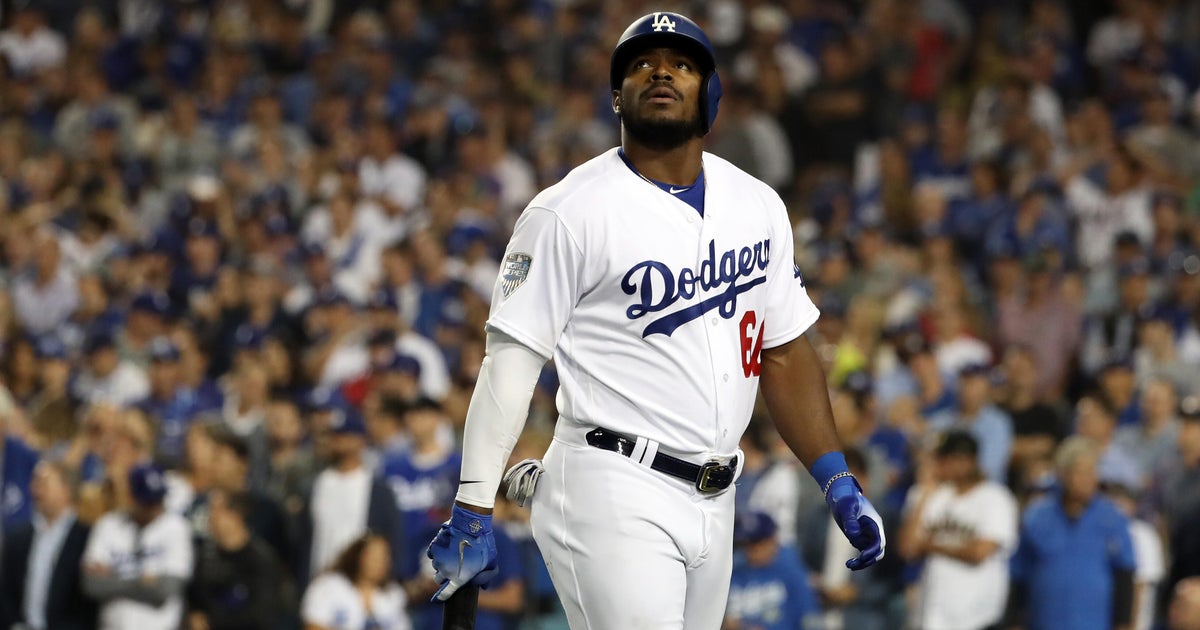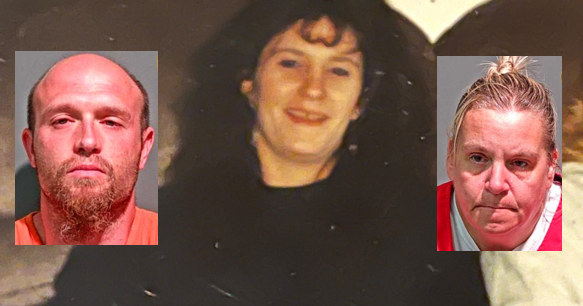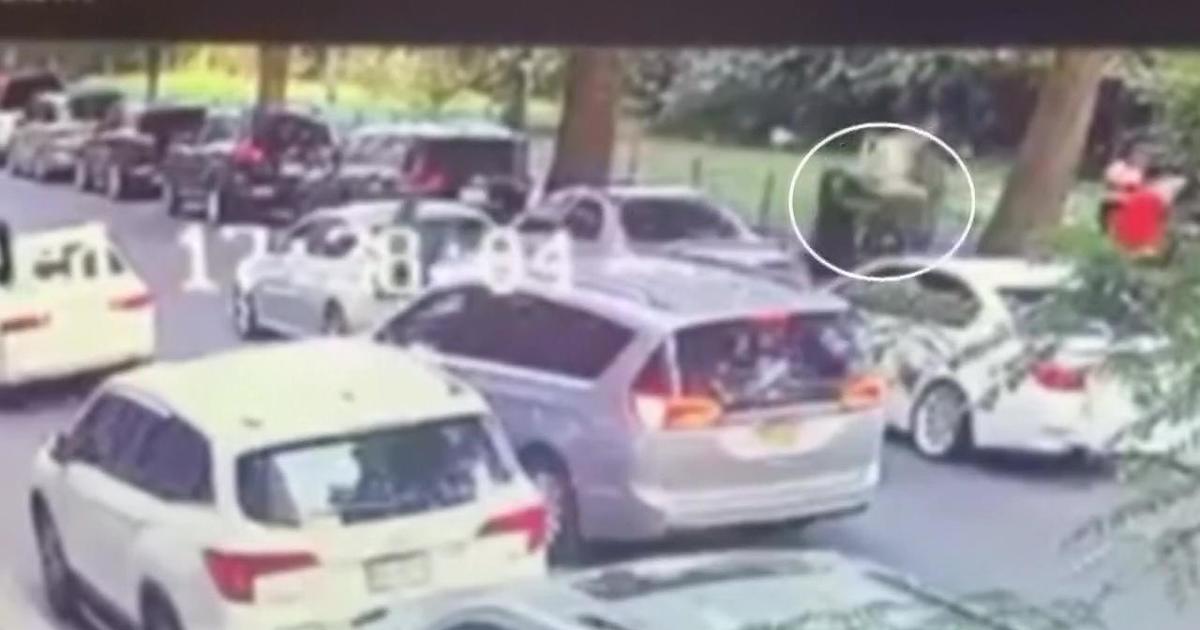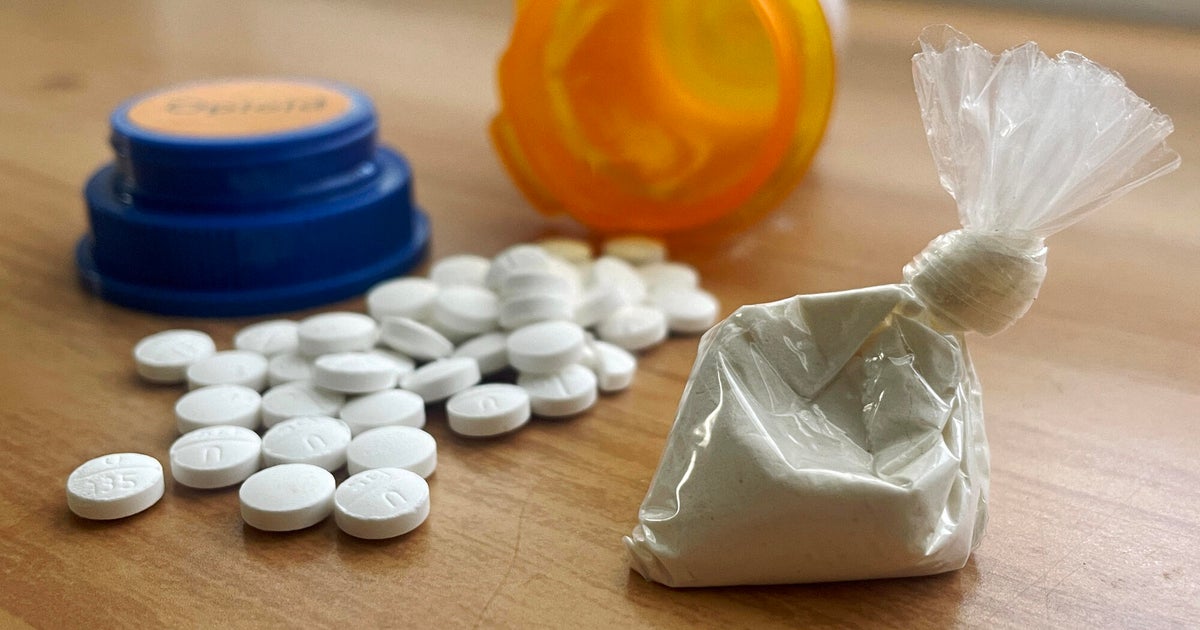Big Changes In Store For Blagojevich Retrial
CHICAGO (CBS) -- Former Gov. Rod Blagojevich's second trial on federal corruption charges begins on Wednesday, but it won't be a simple repeat of the first trial.
The retrial is scheduled to begin Wednesday with the first step of jury selection, in what promises to be a relatively uneventful first day for trial observers.
U.S. District Judge James Zagel has said the potential jury pool will be brought in to fill out detailed questionnaires, but they won't be brought into court for questioning until Thursday at the earliest. Most of the action on Wednesday will take place behind closed doors.
Meantime, prosecutors and defense attorneys will be putting the finishing touches on their strategies for the second trial.
Prosecutors have dropped some of the charges against Blagojevich, the former governor's two lead attorneys from the first trial have dropped out and his brother, Robert Blagojevich is no longer a co-defendant.
Blagojevich was convicted last summer on only one of 24 counts against him. Jurors deadlocked on the other 23 counts. Prosecutors immediately declared they planned to retry the governor, but it didn't take long for them to begin changing strategy for the retrial.
A week after jurors deadlocked on most counts against Rod Blagojevich and all of the counts against his brother, Robert Blagojevich, prosecutors dropped their case against Robert.
Meantime, as jurors spoke about their deliberations to the media, it was clear that the prosecution's complex case against Rod Blagojevich was too confusing for the jury.
Jury consultant Bill Grimes interviewed the Blagojevich jurors after the trial and they told him they wished the case had been smipler.
"The jurors in the last trial were utterly confused and found ther law and the charges and the verdict form very complicated," Grimes said. "You talk about 24 different counts. They actually had to vote on probably 50 different questions and it was very difficult for them to sift through all that."
Prosecutors have since tried to do what jurors wanted: simplify the case. They have dropped the most complicated charges against Blagojevich – one count of racketeering, one count of racketeering conspiracy and one count of wire fraud. But 20 other counts remain, so the case is still complicated, just not as much as before.
Even so, prosecutors are plotting a more focused case against Blagojevich at his second trial.
"They're going to basically do a little cutting and pasting. They'll take out what didn't work. They're going to double up on what did work and you're going to probably see a leaner presentation on their part," CBS 2 Legal Analyst Irv Miller said.
Prosecutors have even hinted at a more passionate approach to their case. At a hearing on Monday, normally sedate lead prosecutor Reid Schar angrily called Blagojevich a liar as he complained about the former governor's repeated media appearances to criticize the government's case against him.
Blagojevich has repeatedly accused prosecutors of blocking him from playing tapes of FBI wiretap recordings that he claims would show he is innocent. But Schar said those claims were "just part of an attempt by him to poison what's going on," contending that Blagojevich knows full well that only Zagel has the authority to decide what tapes are played for the jury.
The complaints prompted Zagel to warn Blagojevich's attorneys that "it would be wise for the defendant to restrain himself" in his media appearances and to suggest that prosecutors could be allowed to use Blagojevich's comments to the press against him at trial, even if he doesn't take the stand.
Jury selection also could be noticably different from the first trial.
While, for the defense, it might be easy to find jaded jurors who think a retrial is a waste of money, prosecutors could have their work cut out for them.
"The prosecution needs to find people who will take the time to sift through all this evidence and give it the weight that it deserves to make the kind of decision that the prosecution is looking for," Grimes said.
Blagojevich's own defense strategy is likely to be much different as well. Sam Adam Sr. and Sam Adam Jr., the theatrical father-son attorney duo who led his defense team last summer, dropped out of the case two months after the verdict.
They were paid largely from Blagojevich's campaign fund, which has since dried up, leaving him to rely on public funds for his defense team. That prompted Zagel to limit Blagojevich to two paid full-time attorneys and one paid paralegal.
The defense team of Sheldon Sorosky, Aaron Goldstein and Lauren Kaeseberg were all on-hand for the first trial – in fact, Goldstein questioned many, if not most, of the witnesses. But they certainly don't have the same bombastic approach as Sam Adam Sr. and Sam Adam Jr.
"You're going to see something totally different; totally different," Miller said. "It's to be low-key. They're going to focus on the facts, just the facts, not get into fights with the judge or U.S. Attorney's office, I suspect."
Adam Jr. gave a fiery opening statement at Blagojevich's first trial, promising jurors that the former governor would take the stand to defend himself. But Blagojevich never took the stand and his defense attorneys did not call a single witness, instead insisting prosecutors hadn't proven their case.
Sorosky, who is leading the defense team this time around, has made no public promises that Blagojevich will testify, saying he'll wait to decide that until after the prosecution has rested its case.
It's also unclear whether a number of figures whose names came up repeatedly at the first trial will be called to testify, although they didn't take the stand at the first trial.
Blagojevich allegedly tried to squeeze then-U.S. Rep. Rahm Emanuel for campaign cash in exchange for state funding for a school in his district. Blagojevich also allegedly had some of his top aides approach Emanuel after he joined the Obama administration in late 2008, in an effort to barter a deal to appoint someone to fill the U.S. Senate vacated by President Barack Obama.
Defense attorneys hinted before the first trial that they might call Emanuel to testify, but they never did. It's still possible they might do so for the retrial.
Likewise, political fixer and Blagojevich fundraiser Antoin "Tony" Rezko was frequently mentioned during the trial as a player in some of his alleged schemes to profit personally from his power as governor.
Rezko was convicted in 2008 of scheming to get kickbacks out of companies seeking state business from the Blagojevich administration. Rezko has been cooperating with the federal investigation of Blagojevich, but legal experts have said it would be risky for prosecutors to call him to the stand.
During his own trial, Rezko claimed in a letter to his judge that prosecutors were trying to pressure him into lying about Blagojevich. But prosecutors later said Rezko recanted that letter and admitted it was false and an attempt to secure bond during his trial.
Legal experts have said those kinds of inconsistencies from Rezko would make him a risky witness for the prosecution.
But, like Emanuel, Rezko also could be called as a witness by defense attorneys.
Blagojevich now faces 20 counts at retrial, including bribery, wire fraud and attempted extortion. Several of those counts carry a maximum 20 year prison sentence if he is convicted.
--Todd Feurer, CBS 2 Web producer. CBS 2's Vince Gerasole also contributed to this report.
